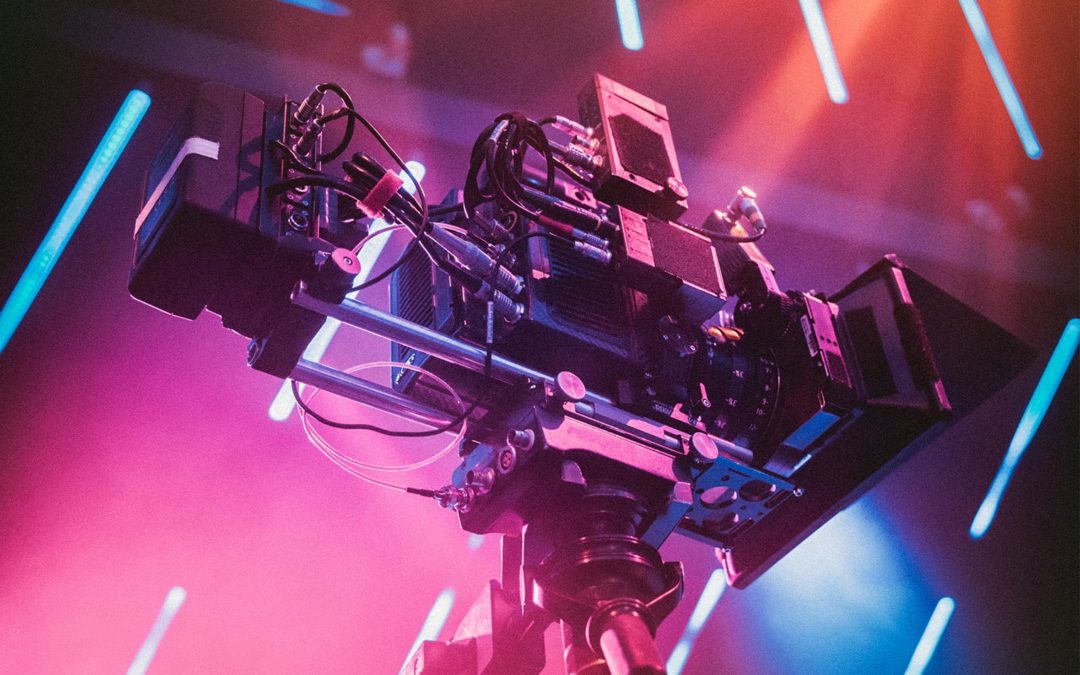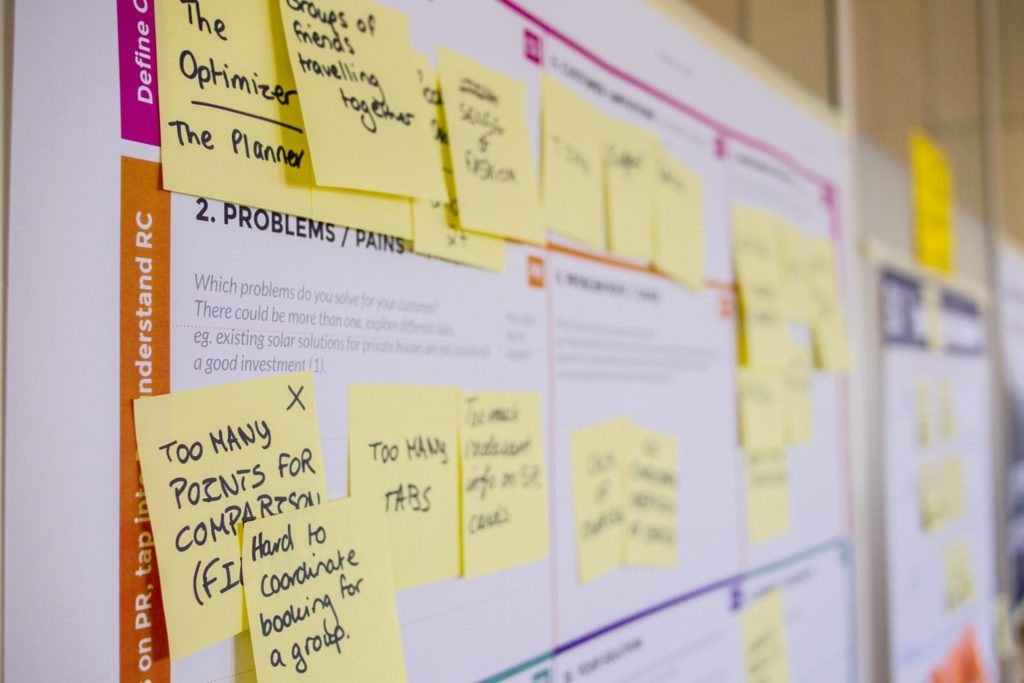
What technology will have the biggest impact on marketing in 2018?
Everyone’s asking, “What technology will have the biggest impact on marketing in 2018?” Will it be the illustrious AI, the illuminating abilities of augmented reality, or perhaps… chatbots?
With the emergence of all this new tech, marketers are left to base their budget allocation for 2018 on speculation. As a result, I am inclined to believe that without a doubt, 2018 will be somewhat of a plateau for marketing; defined by a knowledge-gap surrounding new avenues for advertising and the deteriorating value of current methods. Here’s why:
Marketing Tech in 2018
As we await the true advent of AI, AR, VR and Mixed Reality in the mainstream, contemporary digital advertising is rolling over and dying, with search, social and display ads experiencing a gradual decline in usefulness. Gen-Y and Gen-Z hate ads, and while pervasive multichannel messaging was previously a working strategy, ads are ignored now more than ever… and expansive ad campaigns are annoying customers, damaging brands.
The savior in this scenario was and still is video, which many companies lack the capability or know-how to properly leverage. Many still refuse any attempt to enter the video realm, despite annual marketing reports for the past decade marking video as the most effective channel for sales and brand engagement. Right now, the benefits of video seem to be buffering (pun intended), with numbers stagnating as users look for something new.
As a natural side-effect of the decline in channel efficiency, marketers have turned to big data as the new god to drive vertical engagement. However, many retail marketers lack the experience and/or artificial intelligence applications necessary to make sense of this wealth of data.
Getting a Grip on AI

This past year, we’ve seen the launch of some incredible remarketing software in eCommerce, like HiConversion and Rejoiner. Programs so powerful they can replace entire marketing teams that would typically manage the breadth of digital messaging (emails, ads, social, tracking, analytics, etc).
However… because these systems and the technology are so new, we’re combining the adoption curve with a learning curve. While marketers get a grip on machine learning Saas, I expect their true potential will be neither realized, nor their full impact felt in the market this year.
To make matters worse, today’s AI market focuses exclusively on predictive AI, which all-too-soon will be replaced with cognitive AI (Rajesh Sinha, Fulcrum Digital‘s CEO, predicts in the next two years). There’s a chance the change-over could immediately render predictive systems obsolete. On the other hand, retailers and brands can’t sit around waiting for cognitive AI, and those that do could see big-time losses (Hence the dilemma). Overall, what most of the martech world considers “AI” will soon be baked into every major software system available. What matters is how you use them.
Playing the Waiting Game & Winning

For now, we have to keep milking the avenues we have available. Optimize performance as much as possible with regard to channel strategy and be diligent. With the current pace of innovation, you might not get a second chance.
Now is the time for companies to start looking into how AR, AI, VR, IoT and other emerging tech can reshape business alongside other digital transformation strategies. While the long-term strategy teams focus on how they will deliver value in 2020 and beyond (when these technologies are expected to have much wider reach), it’s time to bring our websites into the new age. Maximize your site and sales funnels with every possible upgrade, build out content and bulk-up ad spend while we get over this hump. Rethink your strategy for the next four years and think seriously about how you plan to invest all the new martech. If you haven’t already made significant investments in your mobile customer experience, that’s a good place to start.
Some companies will spend a little more on ads to wait this out. Others will buy into expensive (soon-to-be outdated) platforms they’ll be stuck with long after the competition moves on. Unfortunately, the largest group will likely be those who sit on their hands and refuse to innovate. These will be the losers. Instead, find out how much budget you can pack into the time between now and 2020. Focus on your omnichannel experience and unifying your brand strategies with supportive AI products you can afford (for the short term). In addition, bulk up your ad spend, get some videos or podcasts going, and settle in for the long hibernation period ahead.
Final Thoughts
So let’s review. What technology will have the biggest impact on marketing in 2018? You, the human, which should be an empowering, albeit intimidating challenge for marketers. Lastly, remember, there’s no need to be discouraged. Plateaus are part of every high-growth process…
We just happen to be crossing the Rubicon.








Recent Comments